Summary
- The anime industry has surged in the past decade due to overseas market growth, but worker conditions haven’t improved.
- Voice actors and animators face issues such as delayed payments and lack of labor unions to advocate for better wages.
- Rising competition among studios and the potential threat of generative AI replacing workers are additional challenges faced by the industry.
Bloomberg recently reported about the dire conditions of the anime industry, based on stories shared by many professionals, including a Toei Animation employee who has worked in series like Dragon Ball and One Piece.
According to the Association of Japanese Animation (AJA), an association more tied to production companies rather than workers, the anime market has more than doubled in the last 10 years – a good portion of this growth was due to expansion of the overseas market (and the fact that international transactions are made in dollars). However, many workers have claimed that, despite the impressive numbers shared by AJA, their lives in the industry haven’t got any better. The United Nations has seemingly backed their claims, and recently warned that the anime industry might collapse if it doesn’t address wages and working hours.
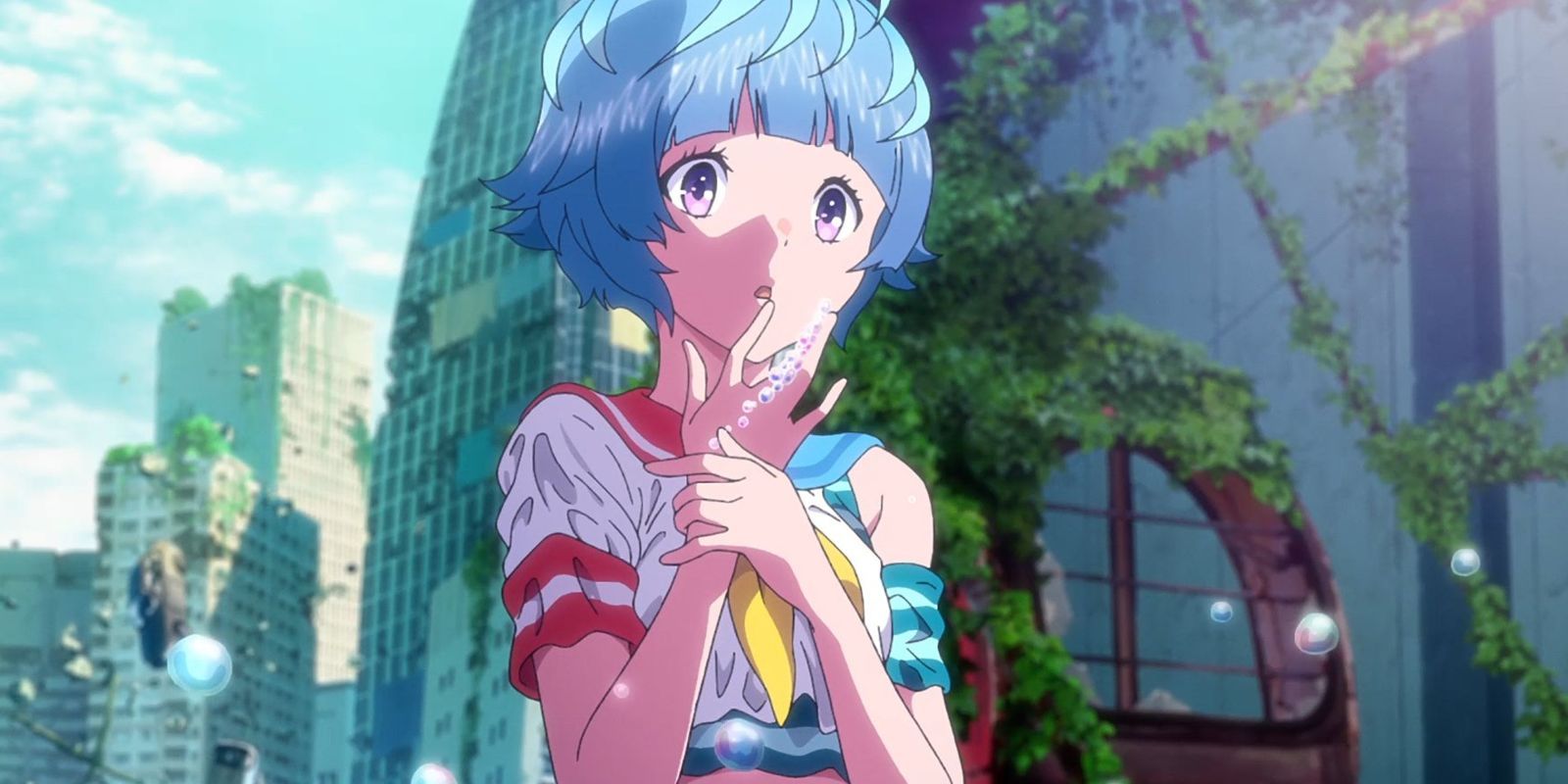
Related
Is There An “Anime Bubble” on the Verge of Bursting?
A few industry insiders seem to think the anime industry is a bubble that might burst soon. Do we have any signs?
What Do The Workers Claim?
Bloomberg‘s report includes quotes from people like VA Yumiko Shibata (Shunrei in Saint Seiya), who claims her average pay remained at about 5,000 yen (33 dollars) per day even after 10 years working in the industry. According to a sound producer, voice actors generally wait around six months to get paid – and they might not even get paid if the anime isn’t profitable enough, because the actors are only paid after the client pays the production company. Anime productions are funded by “production committees”, which may include publishers, broadcasters, toy companies, and other companies that invest in the production and share profits and copyrights. While this reduces the risk of loss for each company, it also makes profits more dispersed.
According to Tetsuya Numako, an animator who has worked for Toei Animation on series like Dragon Ball and One Piece, the company can actually raise salaries, but voice actors and animators are not part of any labor union to pressure them to – and if they individually ask for a raise, the studio will likely hire someone else. Furthermore, insiders believe that the rising competition among studios has also contributed to the lack of growth in wages – with more competition, the lower prices generally win, so studios have to make a lower offer, and thus won’t raise wages.
Besides all of that, the surge and lack of regulation of generative AI is also seen as a threat to workers. Both voice-actors and animators fear they will eventually be replaced by cheaper AI models. Many studios are using AI today, alleging these tools can be a workaround for “labor shortages”.
AJA and Nippon Anime & Film Culture Association (NAFCA) generally have disagreed over the actual working conditions in the industry.
Are There Any Solutions for This?
Despite all the issues, few have the courage to speak out about the working conditions, fearing any kind of retaliation, including ending up “frozen out” of the industry. Those who speak up have claimed that they usually receive requests and contracts with no clear terms – which is technically forbidden for both freelancers and subcontractors in Japan, and is currently under investigation by the government.
With the UN involved in researching working conditions in the Japanese industry, it’s likely the government will be pressured to act – but animators and voice actors may need to organize themselves in order to be properly heard. Also, considering how blurred the international relations scenario has recently become, it may have a significant impact on the industry.
Source: Bloomberg
-
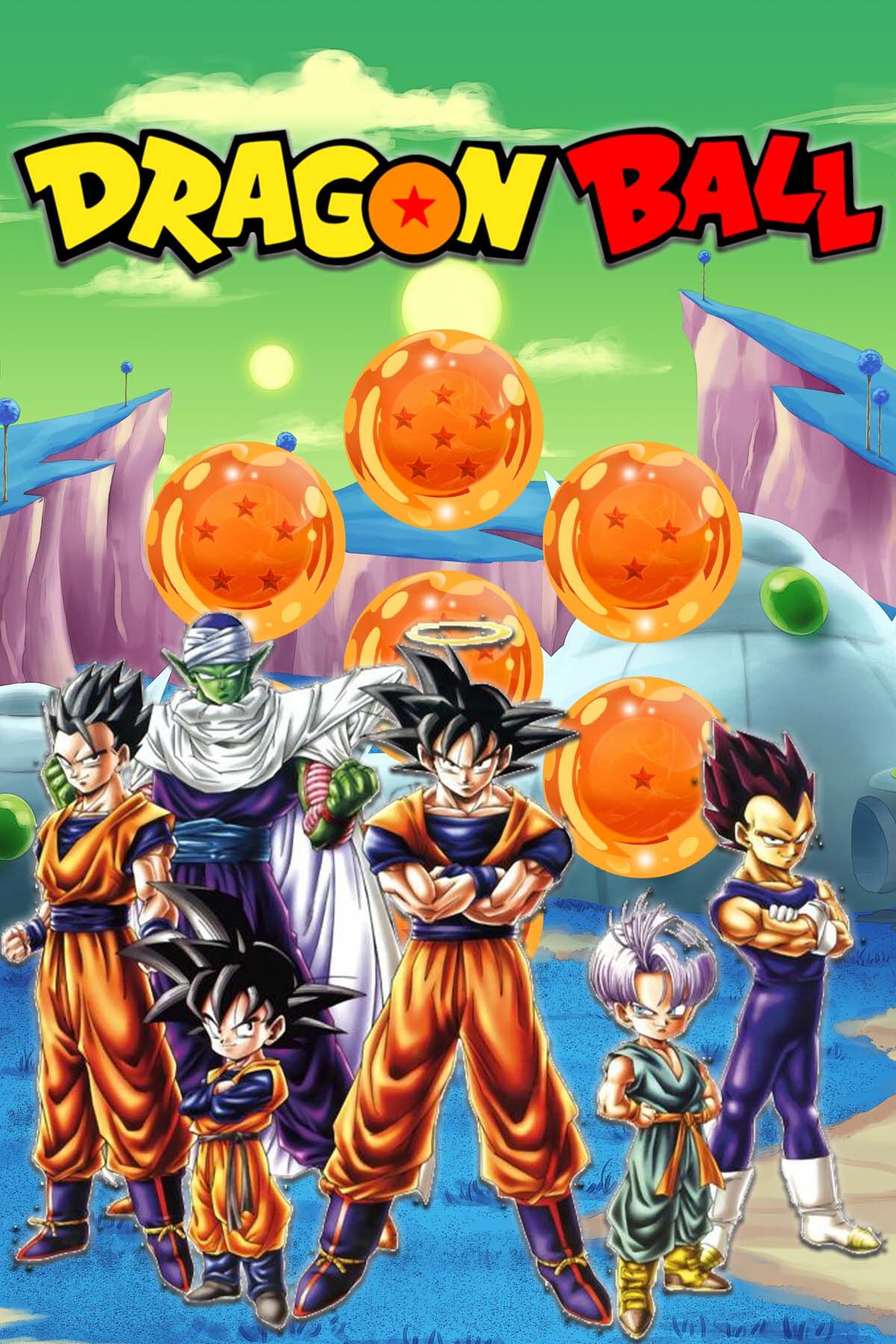
Dragon Ball
Dragon Ball is a franchise by Akira Toriyama which follows the adventures of Goku, a powerful warrior who protects the earth with his group of friends. A recent title from the series is Dragon Ball: The Breakers, an action style game where 7 players have to survive being hunted by the Raider.
-
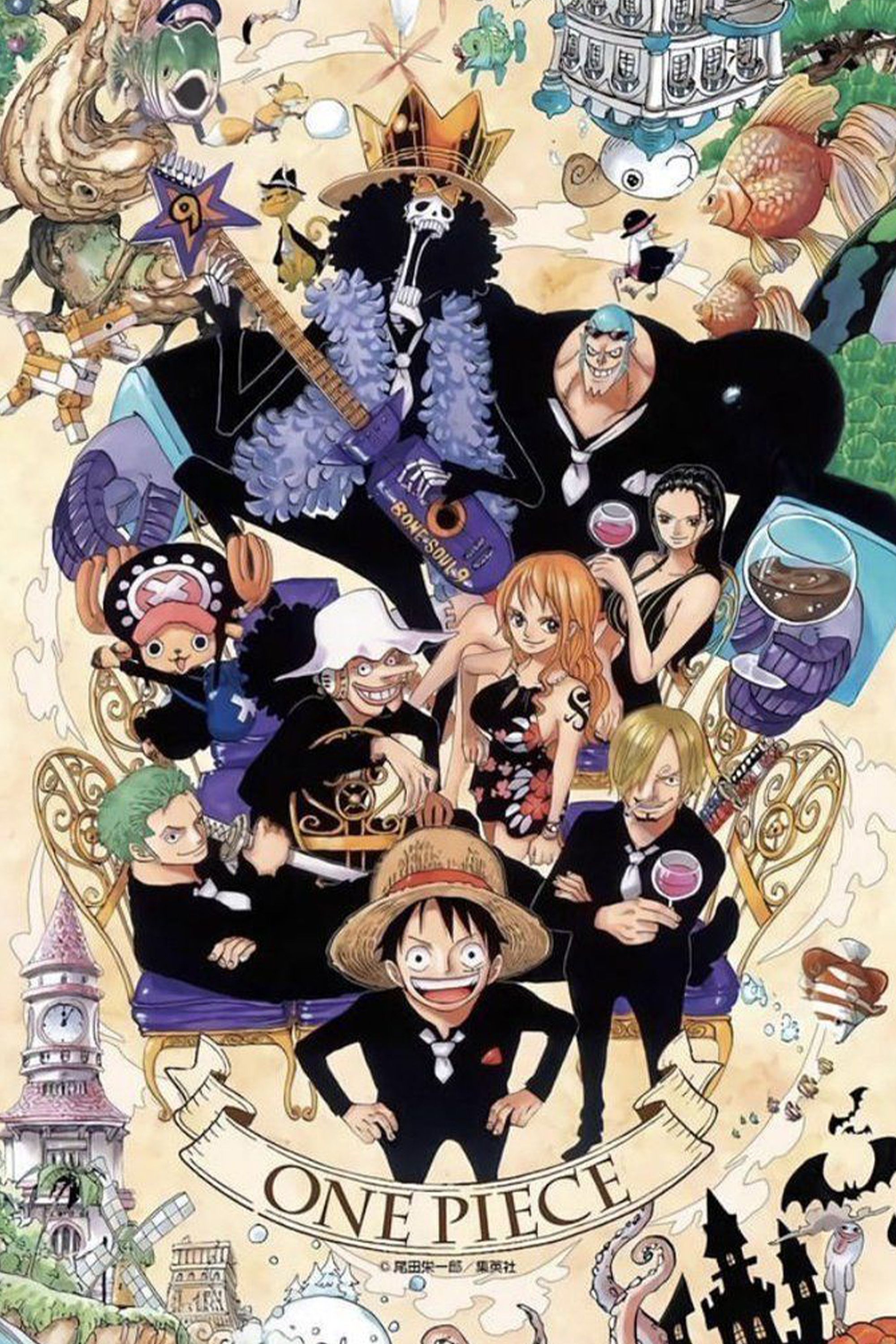
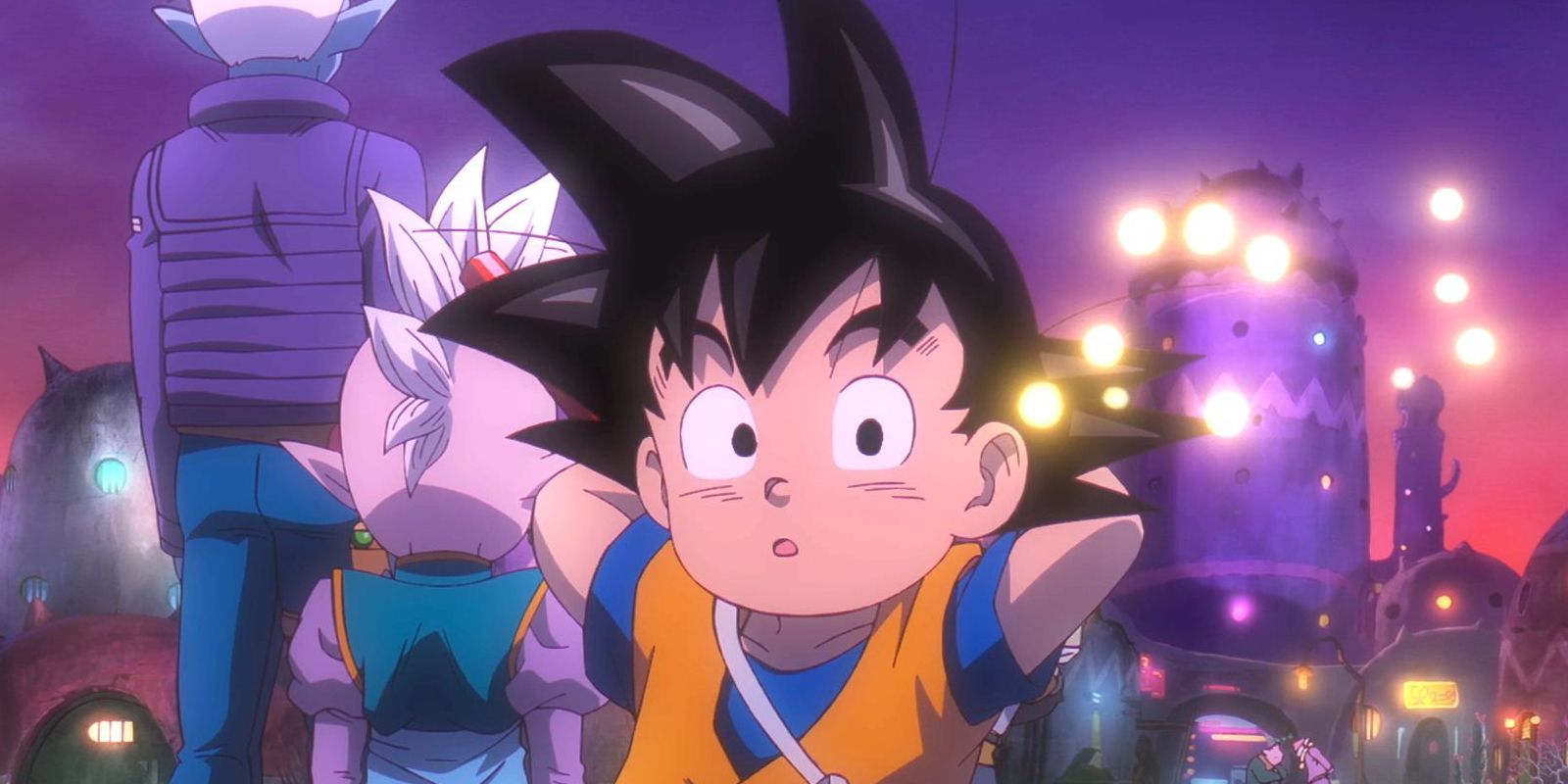

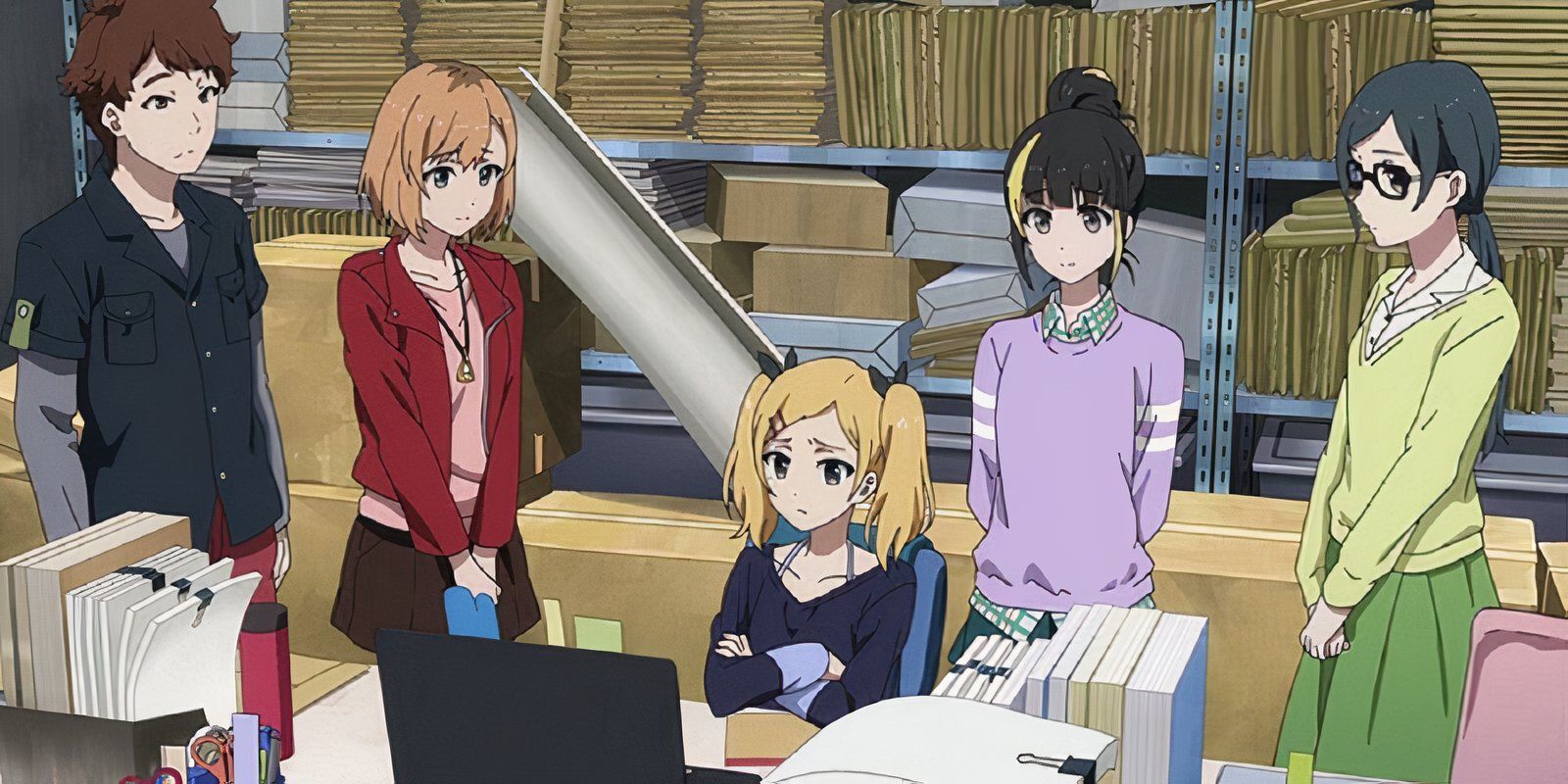










Leave a Reply